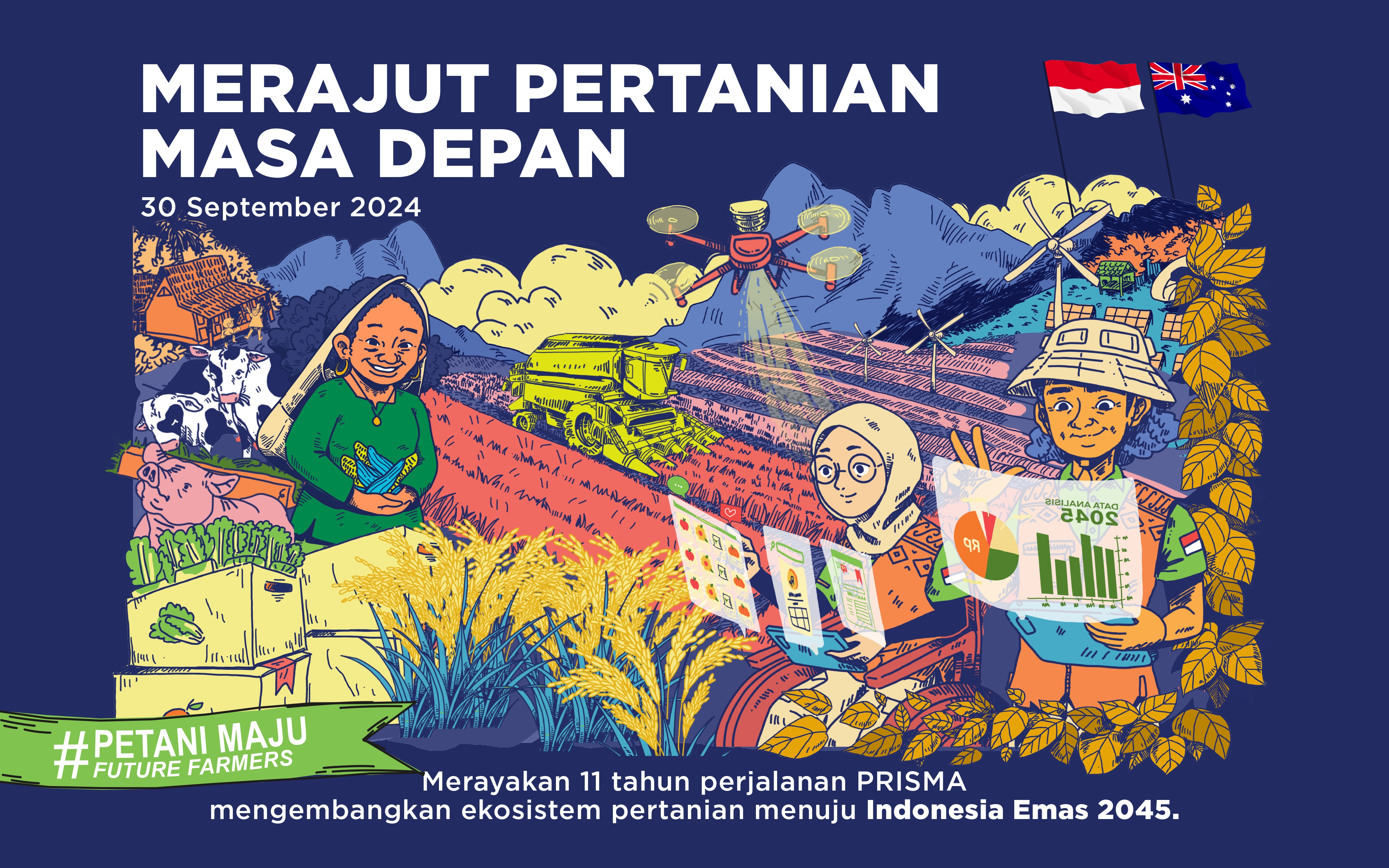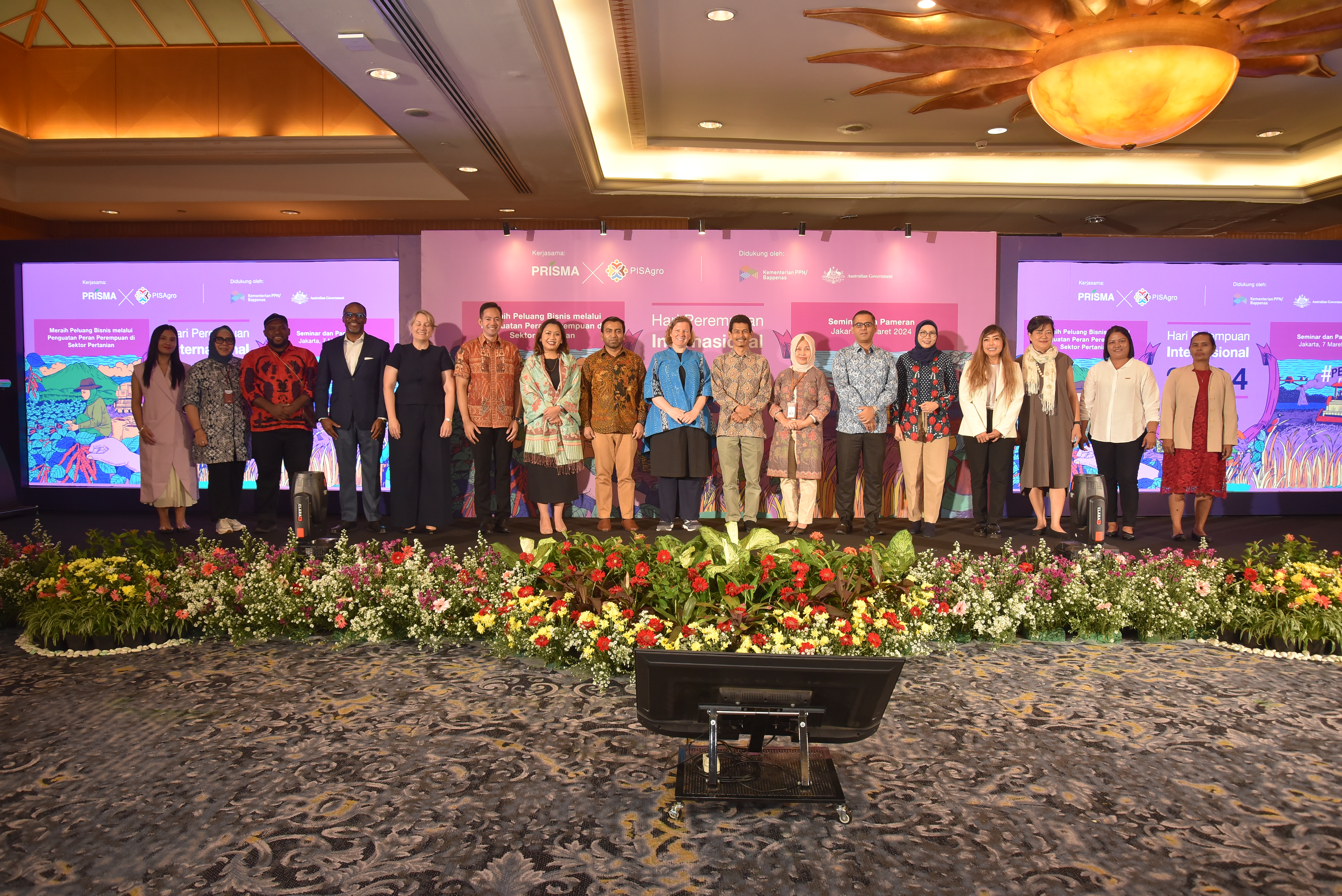Climate change and food insecurity pose significant challenges for the agricultural sector, particularly for rice and maize, which are among the most important crops in Indonesia. Disruptions to these sectors could lead to societal upheaval and threaten national development goals.
Climate-smart agriculture offers a solution for developing agriculture that can adapt to climate change. In this case, agribusiness plays a critical role in driving agricultural innovation that can reduce greenhouse gas (GHG) emissions while enhancing farmers' resilience to climate change. Constructive involvement of agribusiness in climate-smart agriculture can also support the government in meeting the national target of reducing carbon emissions.
One example of climate-smart agriculture efforts is the development of climate-smart rice seeds by PT Botani Seed Indonesia, a company owned by IPB University. The Director of PT Botani Seed Indonesia, Dadang Syamsul Munir, revealed that the development of climate-smart rice seeds can reduce the need for fertilisers and water, thereby lowering the cost of rice cultivation.
"Climate-smart seeds have high productivity but low cost. This is due to reduced use of fertiliser and more efficient water utilisation. These advantages make our innovative seeds more adaptive to climate change because they are able to reduce the production of GHG emissions," said Dadang at a press conference on Agribusiness Innovation Through Climate-Smart Agriculture held by PRISMA and Katadata, Wednesday (19/6/2024).
Dadang added that climate-smart seeds are also adaptive to dry climates. Last year, the production capacity of climate-smart seeds produced by PT Boni Seed Indonesia reached 300 tons.
















